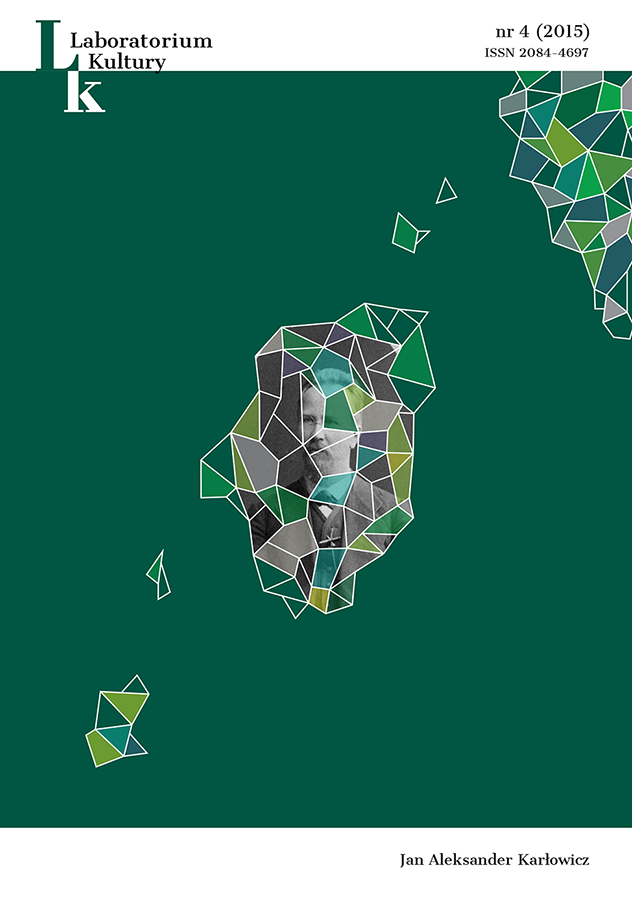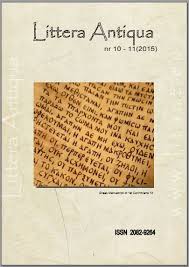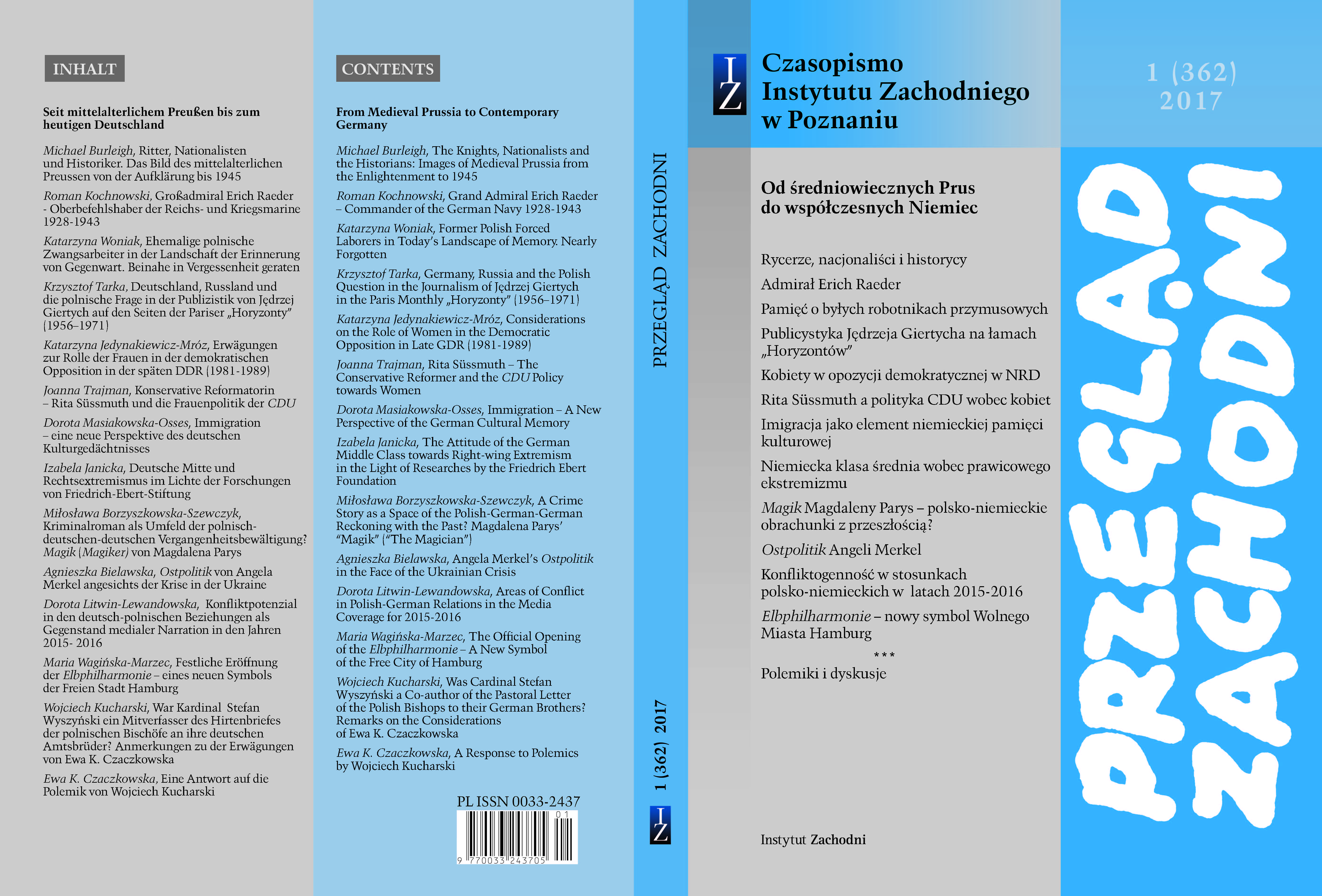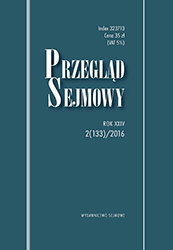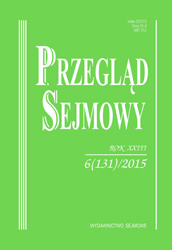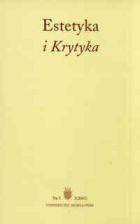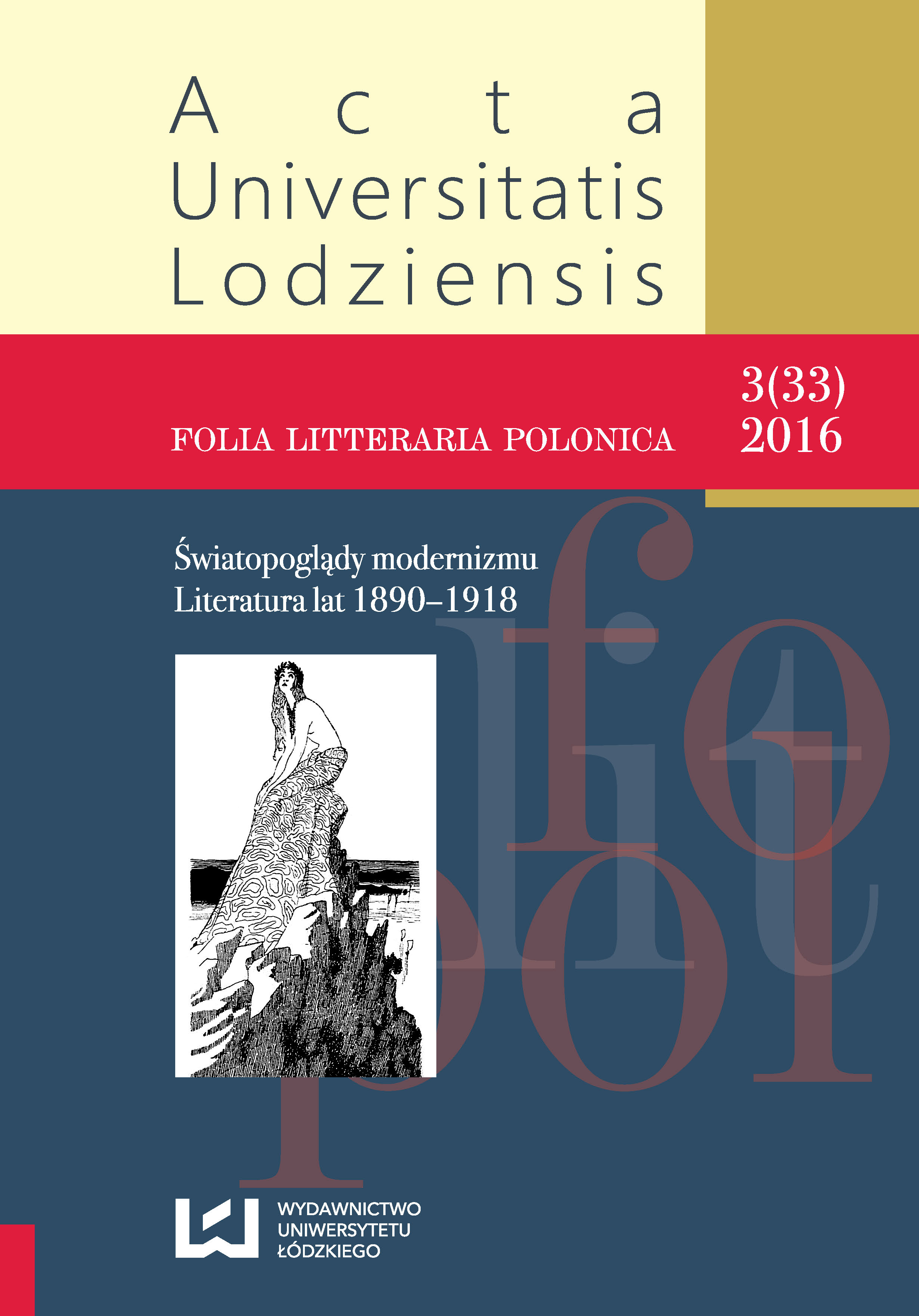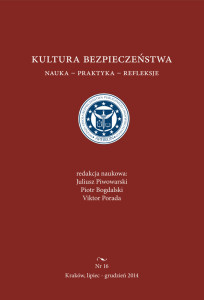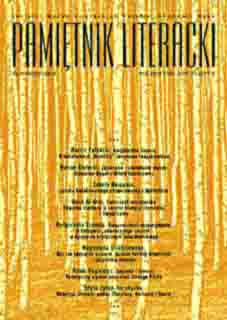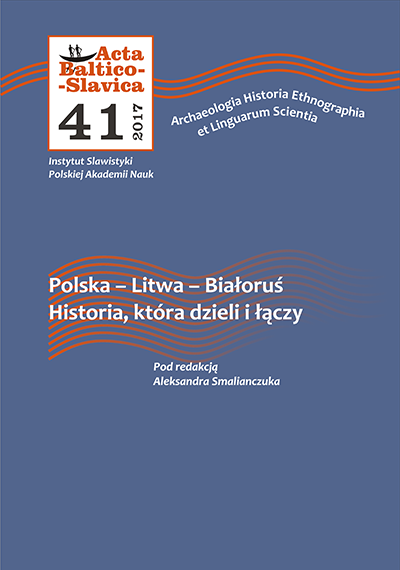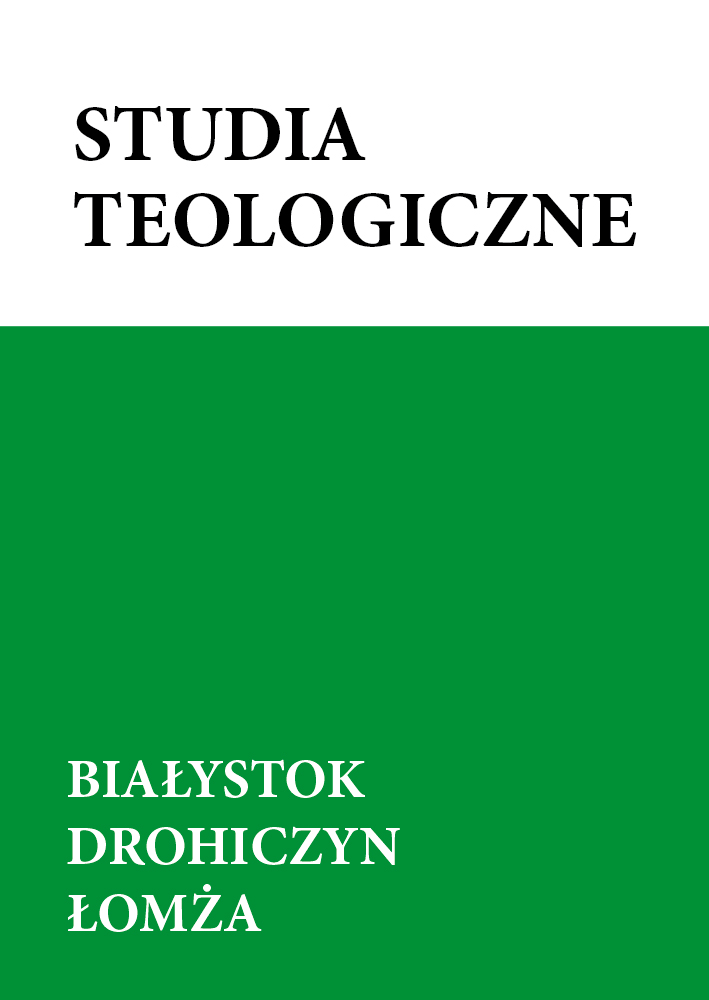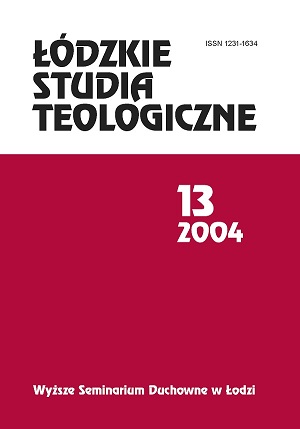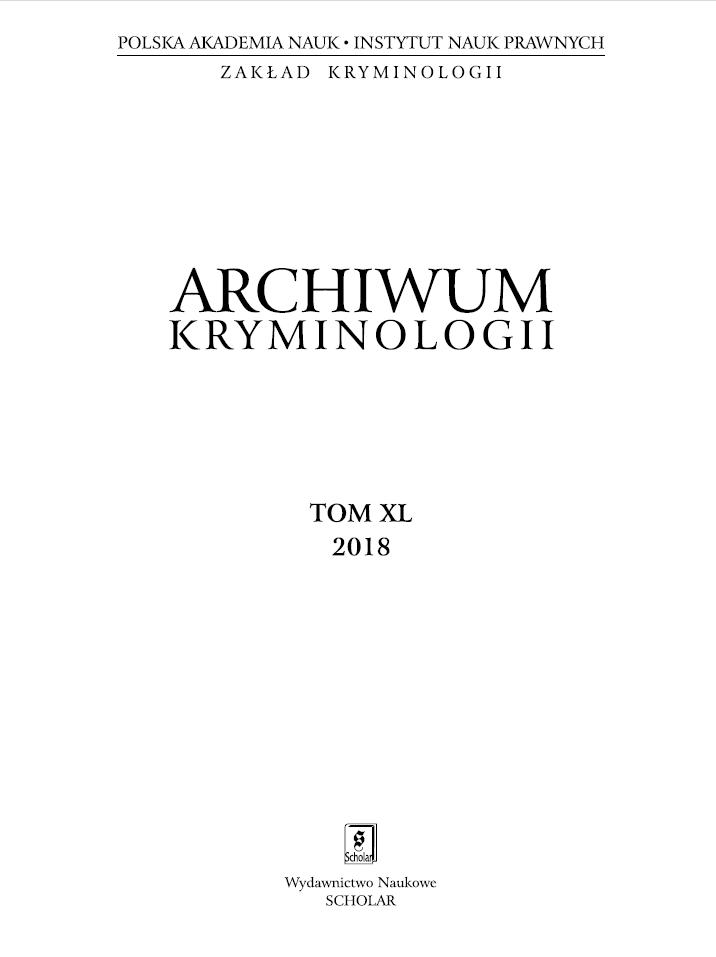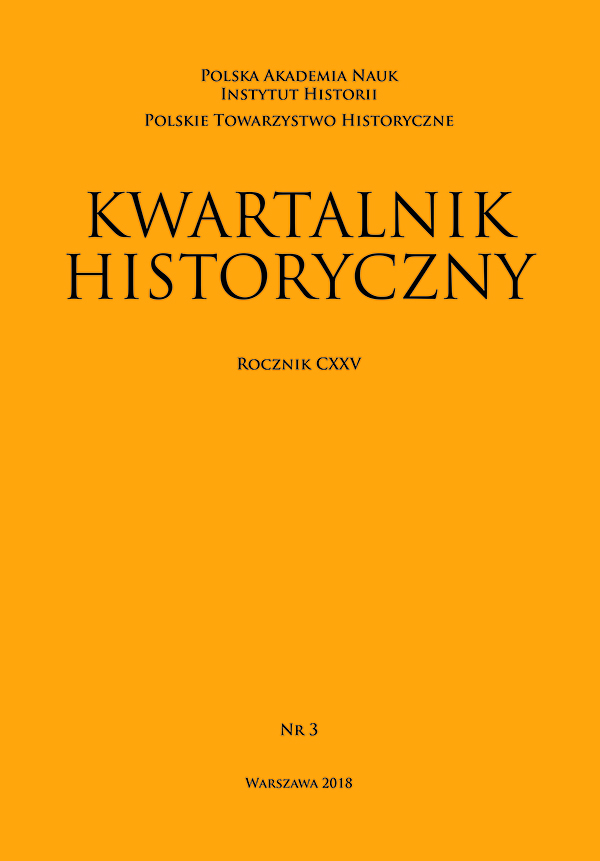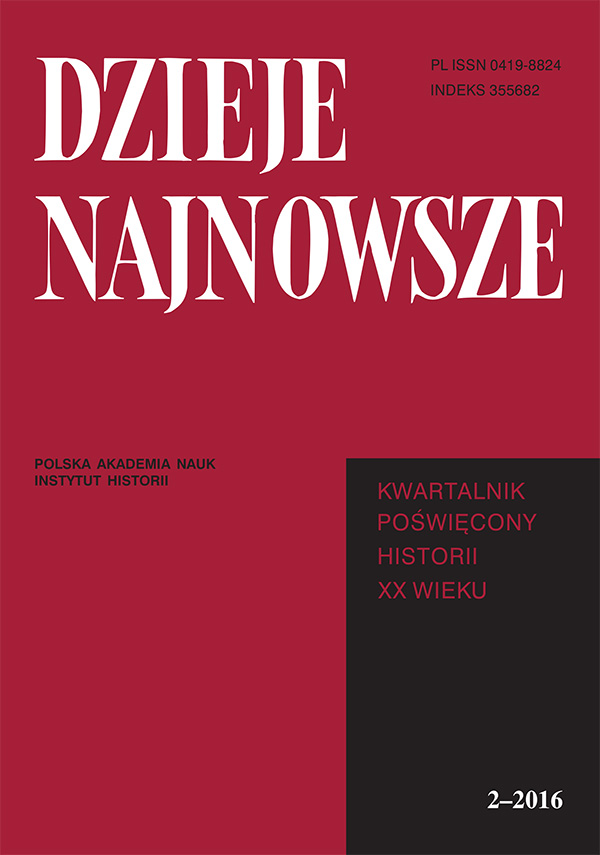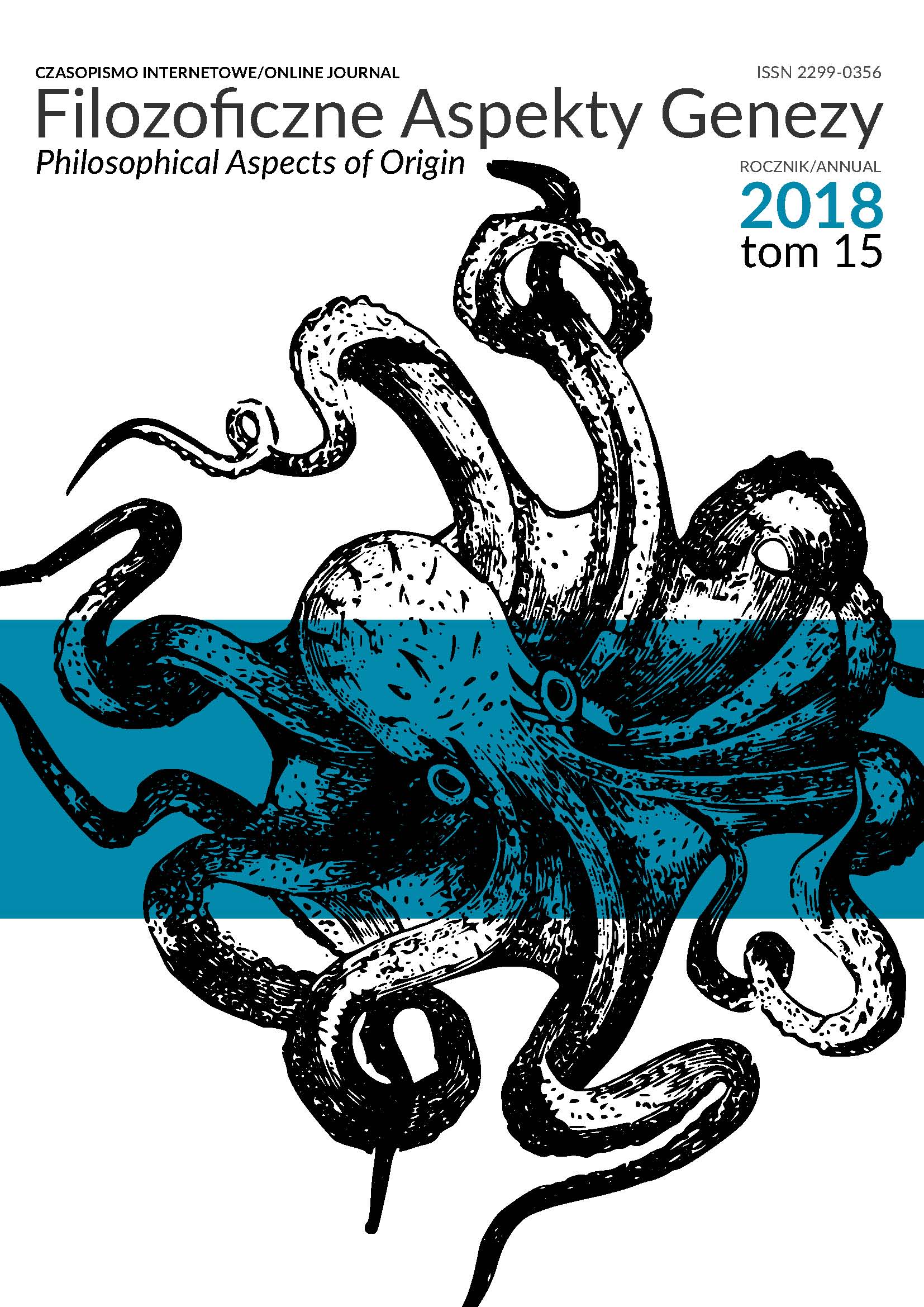Stanisław Bułak-Bałachowicz. Postać, która mogła połączyć narody byłego Wielkiego Księstwa Litewskiego, a jednak ich nie połączyła
Author(s): Joanna Gierowska-Kałłaur / Language(s): Polish
/ Issue: 41/2017
Keywords: Bułak-Bałachowicz; Piłsudski; Sawinkow; Polish-Soviet war; Belarus;
In 1919–1920, Józef Piłsudski, Polish Chief of State, made consistent political attempts at patching up the torn-apart territories of the former Polish-Lithuanian Commonwealth. One significant impact on Piłsudski's plan was the adoption by the Allies, on the 6th of March 1920, of the so-called Millerand's note, which prohibited Poland from carrying out a self-proclamatory referendum in the area of the former Grand Duchy of Lithuania, announced in April 1919 in Vilnius and addressed to residents of the former Grand Duchy of Lithuania. In the spring of 1920, the nationalist side and Piłsudski had “swapped” their demands in regard to the eastern border so far. Piłsudski was believed to expect the return of the border from 1772, in order to retain territory for the establishment of at least both a Belarusian and Ukrainian state, while the National Democrats sought to spare Russia, and obtain areas which would give a chance to absorb ethnically Polish lands into the motherland. Nikolai Tchaikovsky and Boris Savinkov paid a visit to the Belweder Palace already in mid-January 1920. Piłsudski was well aware that the White Russians would want to use the idealist Savinkov to attempt to charge the Polish side with inconsiderable costs (both financial and moral) of the formation of the Russian Army in exile. General Stanisław Bułak-Bałachowicz, revered, fluent in all borderland languages, an excellent soldier, when he was a subordinate of Nikolai Yudenich had tried to rename the unit under his command to the “People's Army”, or in other words, the Territorial or National Army. Stanisław Bułak-Bałachowicz never saw politics as a weapon; he never paid great interest nor had a greater knowledge of it. The autumn of 1919 marks the beginning of the “Belarusian” episode in his life. He never tried to hide his outstanding aversion to the Bolsheviks, who constituted a foreground threat to his country. In the early spring of 1920, Bałachowicz knew the BPR's “potential” from the inside… and thus he chose an ally that seemed a promise of success. The territorial understanding of “Belarusness”, in conjunction with the nearly atavistic anti-bolshevism of Bałachowicz, were a great asset in Józef Piłsudski's new political combination. Piłsudski decided to benefit from Savinkov's idealistic approach for his own purpose. The Russian Political Committee, Bałachowicz's troops and the statements of Vyacheslav Adamovich (father) were to support the establishment of a Belarus for Belarusians. Not under Kaunas and Berlin, nor a Soviet one. A “Third Belarus”. A Belarus friendly towards Poland. Following discussions with Savinkov, the builder of the “Third Russia”, Piłsudski engaged himself after 6th of March 1920 in supporting (inter alia financially) the Russian Political Committee. Based on the agreement of the Polish Supreme Command with B. V. Savinkov, all Russian formations on the Polish territory were politically subordinated to Savinkov, and the amounts paid by the Polish Government since 1st of March 1920 were recognized as Russia's sovereign debt to the Polish Republic. In August 1920, on the orders of the Supreme Command, Bałachowicz entered a secret agreement with Savinkov. They both were also to seek convening the Constituent Assembly, providing land for the people and democracy, and to create a Union of Nations (i.e., a federation). Note 1. The issue of further strategic dependence of General Bałachowicz and other unit in the event of a single command of Russian troops formed on Polish territory and abroad was to be settled only when such a situation would actually arise. Note 2. In the event of Bałachowicz's unit succeeding “deeper into Russian territory”, the local government and the administrative board were to be founded on his authority. This is how Bułak-Bałachowicz was to become the executor of the first phase of Piłsudski's new “concept for Belarus”. On 12th of October 1920 the Warsaw-based “Belarusian Political Committee” (Pavel Aleksiuk, Vyacheslav Adamovich father and others) reached an agreement with General Bałachowicz. The Belarusian Political Committee undertook to carry out the recruitment for the Belarusian army to be formed under Bałachowicz's leadership, while the latter would cede civil authority in the gradually conquered, ethnically Belarusian territories to the Belarusian Political Committee. On 2nd of November 1920, a meeting of Polish and Belarusian politicians took place. The aim of the Slutsk Action was to achieve independence for Belarus. The indivisibility of Belarus was to be achieved by means of a federation with Poland and a closer cooperation with Central Lithuania, which was still going through its first 72 days. The Legislative Sejm of White Ruthenia was to be convened. A legitimate, i.e. not a self-proclaimed government – in a fixed composition of 50% of Belarusians, 40% of Poles and 10% of Jews – was to be appointed by the Supreme Council. In short, this planned statehood in “Piłsudski's plans according to Belarusian sources” was to be undoubtedly “Belarusian”. The conditions for Belarusian success were to be: a lack of internal frictions among the Belarusians, the foundation of authority on local governments and cooperation with Bułak-Bałachowicz. None of these was satisfied by the Belarusians. Not all Poles were aware of what was at stake. Even Polish General Staff officers showed confusion. Lis Błoński clearly writes about “serious misunderstandings” which occurred between him and Bałachowicz in the period preceding the Mozyr declaration (November 1920). Those of Bałachowicz's units that were composed of Belarusians only believed that the area which fell under their control was an integral part of the Republic of Belarus. These units also began to rearrange each possible village and municipality in their own way: the “Russian way”. Meanwhile, on 11th of November 1920, the Belarusian government of Vaclav Lastovski reached an agreement in Kaunas with the Lithuanian authorities reluctant towards Poland on political and economic cooperation. Lastovski, on behalf of the Belarusian People's Republic, withdrew the claims of Belarusians to Vilnius as their capital in favor of the Lithuanians. A joint Lithuanian-Belarusian front against Poland was declared. On the 14th of November 1920, the Belarusian Congress of Sluchchyna adopted an anti-Soviet resolution calling for the creation of a free Belarus within its ethnographic area and, at the same time, showing a cordial welcome to “our sister Poland”. On the 15th personal delegates of Bałachowicz (including his brother) arrived in Slutsk, however, the SRs, oriented towards the BPR in Kaunas, consistently reluctant Poland, had already taken over spiritual leadership. The three pro-Bałachowicz and pro-Polish organizers of this congress (Arseniusz Pawlukiewicz, Anton Baczko and Jan Macelli) were put on the defensive. The Belarusian Supreme Council (Rada), while supported by Piłsudski, refused any talks with Bałachowicz, despite the latter’s efforts. At the same time, delegates in Slutsk were already planning on how to “tear away” the troops forming under Bałachowicz from his influence. On the 16th of November 1920, Stanisław Bułak-Bałachowicz announced in Mozyr the creation of the Belarusian People's Republic (bis) headed by Vyacheslav Adamowicz (father), a participant of the First All-Belarusian Congress, as Prime Minister, while he proclaimed himself Commander-in-Chief of Belarus. The Congress of Sluchchyna responded negatively to this offer by rejecting cooperation with Bałachowicz and declaring their effective subordination to the consistently anti-Polish BPR government in Kaunas. Extremely characteristic of Boris Savinkov was his reaction to the contents of the Mozyr declaration, even though it was consistent with the agreement he had reached with Bałachowicz in August. In Bałachowicz's long, emotional letter to Boris Savinkov, we find that, back on the 16th of November in Mozyr, Savinkov had shouted in his face: “If I had known it was all about White Ruthenia, never in my life would I have gone!” Judging from Bułak-Bałachowicz's emotional letter to Savinkov, the latter had been taken in by Piłsudski, convinced that the sole objective of the Polish Head of State was, as expected by Wrangel, an anti-Bolshevik crusade and preventive establishment of a democratic Russia. It was only in Mozyr that Savinkov realized that he has almost been taken advantage of. Lis-Błoński expressly blamed Savinkov for the failure of the Mozyr effort. Savinkov, of course, never intended to disintegrate the future Third Russia through the establishment of some independent Belarus. However, it was not his fault. Bułak-Bałachowicz's was rejected, despite strong internal opposition, by the Belarusians themselves. Why did it fail? Reasons were manyfold. 1. Bułak-Bałachowicz enjoyed authority among the local crowd of his politically and nationally unstructured countrymen, and not, let us face it, the elite group of professional Belarusian politicians. Those in Kaunas had no knowledge, as they could not have any, of Bułak-Bałachowicz's political statements before Mozyr. While the one from Mozyr constituted a threat to their political and physical existence. 2. The Supreme Council, backed by Piłsudski since the 13th of December 1919, refused to take Bałachowicz's side. 3. The signing of the agreement between the Russian Political Committee and the Belarusian Committee of Vyacheslav A. Adamovich on the 16th of November 1920 in Mozyr was just a symbolic move forced on the Russians by the circumstances. Savinkov, given his own situation on the Belarusian political scene, in 1920 had absolutely no intention of establishing a Belarusian state. Moreover, it was him who, in April 1921, did unleash on international level a campaign of blaming Bałachowicz for all the shameful anti-Jewish pogroms that took place from the Baltic to the Black Sea in that period. 4. As a result of backroom intra-Belarusian intrigues, the executors of Piłsudski's pro-Belarusian policies based around Bałachowicz and signatories of the RussianBelarusian agreement, the pro-Polish activists Vyacheslav Adamovich and Pavel Aleksiuk found themselves on the margin of the Belarusian political scene. The breaking of the illusory agreement between the Russian Evacuation Committee and the Belarusian People's Republic occurred in June 1921 in the course of deliberations of the Representatives of Russian Political Evacuation Committee in Poland and a representative of the Belarusian Military and Political Centre. The Russian side alleviated the effects of this move by elaborating a “Political forecast for Belarus” as an undivisable political entity, drawn up by Savinkov's aide and Cheka agent A.A. Dikgof-Derental who acted on behalf of the Russian Political Evacuation Committee in Poland. One important question is whether Stanisław Bułak-Bałachowicz was actually aware in 1920 of his “position” in Piłsudski's planned new political combination. Could it be that the would-be Commander-in-Chief of the Belarusian Army had repressed the memory of the affront he met with in Mozyr from his countrymen? This hypothesis could be supported by the sudden change in Bałachowicz's orientation who, following his failure in Mozyr, “became” 100% Polish. In the new realities of Warsaw's political spheres and backrooms after the Treaty of Riga, Bałachowicz only as a Pole could guarantee the status and decent supplies for his troops and their families after the war. The end justifies the means. Especially that, in consequence of the sudden reshuffles in the spheres of influence, the status of these soldiers was disadvantageous.
More...
